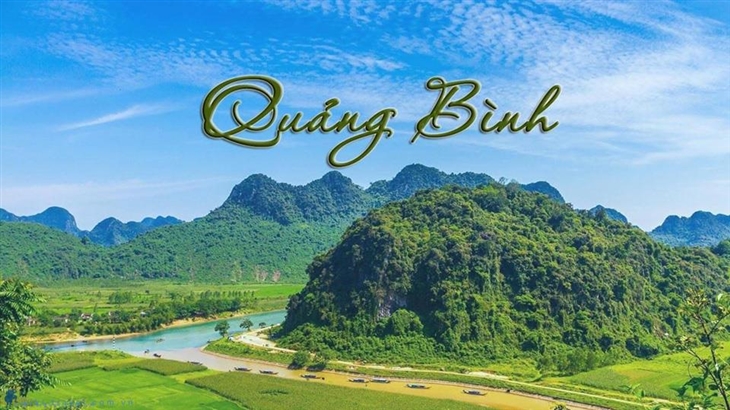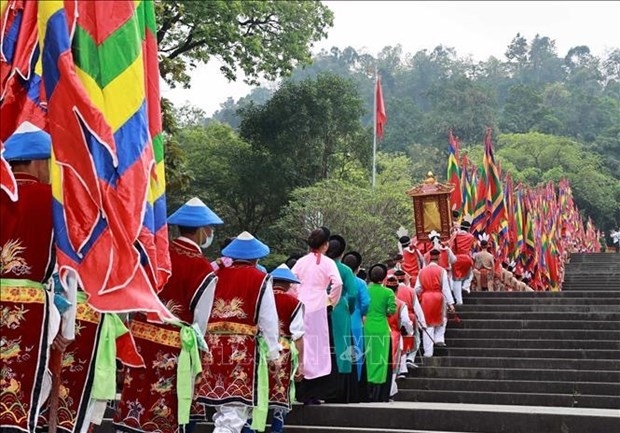AsemconnectVietnam - The formal signing of the Trans-Pacific Partnership (TPP) in New Zealand on February 4, 2016, inaugurated a two-year window of ratification for the largest trade deal in history. Encompassing 12 countries and 40 percent of the global economy, it has polarized the US presidential elections and kindled a vigorous debate on the merits of international trade for the United States.
In Peru, a similar debate is playing out. Days after the signing, the Peruvian prime minister and supporter of the bill indicated that a vote could happen at any moment. Since then, resistance has escalated. The sixth protest against the agreement happened on March 22, 2016, in Lima. Also orchestrated by students, the previous march by the same group in late February was attended by thousands and attracted international coverage. Another protest is planned for early-May.
"The greatest harm to the Peruvian people if they ratified this agreement would be difficult access tomedicines," said Paul Alex Roque Torres, an independent filmmaker involved with the protests. He said the TPP would prevent access to generic drugs and that patented products would be more expensive.
This is the most common outcry in Peru, alongside the more general concern with intellectual property rights also giving an advantage to agribusiness companies like Monsanto, who rely on patent protections. Protesters worry that the deal would stifle creativity by restricting use of music samples. Others are concerned the TPP would compromise privacy by allowing data to be stored in other countries.
But it's not just students. A group of nearly 40 civil society organizations from across the country posted a joint statement in opposition to the deal and demanded a full debate. However, a large majority of parliament will likely vote in favor.
The situation in Peru is a fitting case to examine how the TPP would shape developing economies like Chile and Malaysia, where protest movements have also grown in opposition, often with similar motivations. That's because Peru already has a recent history with trade deals. The country's first was the 2007 US-Peru Free Trade Agreement (FTA), which resembles the TPP very closely.
"To have zero taxes for us was a good advantage," said Erick Paulet, a trade promotion officer at Promperu, a state-run country branding organization. He said that the deal let Peru massively grow its agricultural exports to the US and introduced the structures of international trade with sweeping benefits for Peruvian businesses in all sectors.
Over the last decade, the economy has grown, poverty has decreased and there’s growing middle class. The shift has made many Peruvians highly favorable to free markets, and thus supportive of the TPP as well.
But the benefits belie the sometimes dramatic costs. In 2009, when Indigenous groups were protesting implementation of the US-Peru trade agreement, things got bloody.
"They were protesting nearly 100 decrees passed by Congress in the middle of the night," said Jed Koball, a Lima-based representative of the Presbyterian Church USA who works with local organizations to fight poverty. "These related to land concessions, immunity for police and military in terms of squashingprotests, to criminalization of protesters."
After months of a blockade preventing access to land concessions in the Amazon given to foreign investors near the town of Bagua, police massacred dozens of indigenous protesters and arrested hundreds of others.
"The US State Department was in communication with the US embassy in Peru and implied that Perushould consider using violence to squash these protests," said Koball. "And two days later, there was the Bagua massacre."
Cases like this have led observers to conclude that the labor and environmental parts of the 2007 FTA are simply flowery language and would only worsen under the TPP.
"Many of the same types of 'enforceable provisions' on labor and the environment that are included in the TPP have been shown to not be sufficient at all in the context of the US-Peru FTA," said Melinda St. Louis, of the Washington, DC-based think tank Public Citizen.
The Environmental Investigation Agency has documented that the majority of logging in Peru is illegel. Verité, a US nonprofit, reported that Peruvian gold mining often involves slave labor.
A widely known pollution incident involving Renco, a US-based foreign investor, has resulted in years of legal battles under the investor-state provisions of the 2007 FTA. The Peruvian government has to spend millions to fight the case at a tribunal hosted by the World Bank as it seeks to enforce environmental laws.
"We are going to open our market," said Erick Paulet at Promperu. "We are going to accept the agreement."
Source: Bloomberg.com





